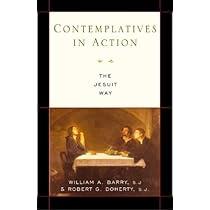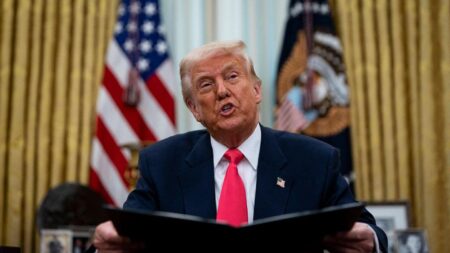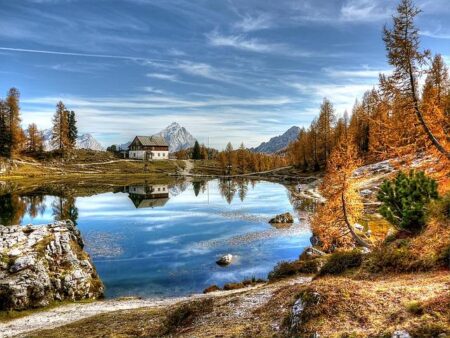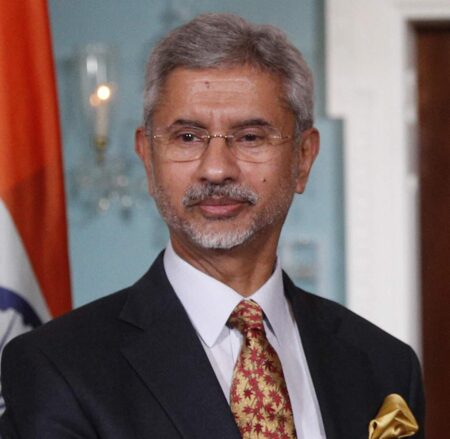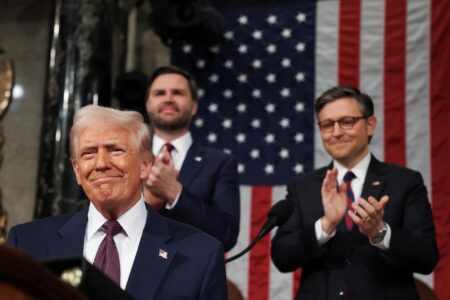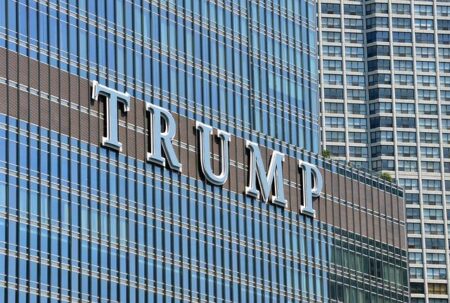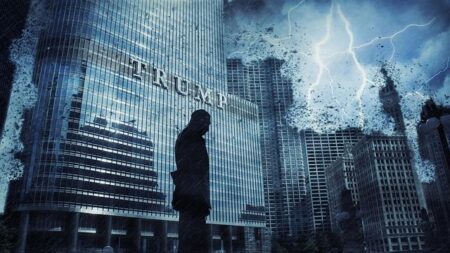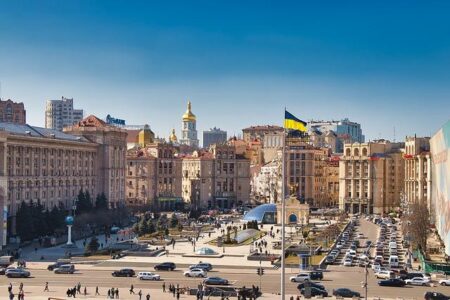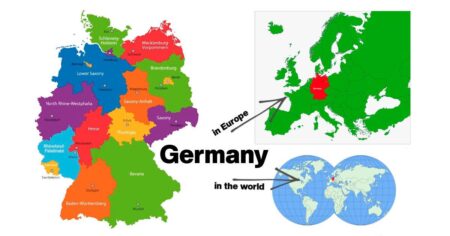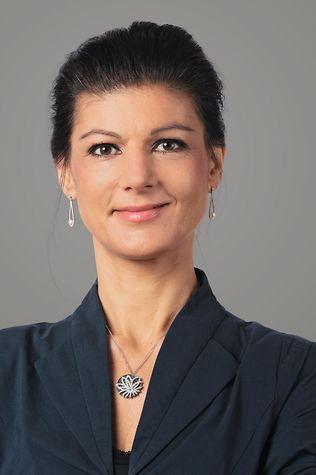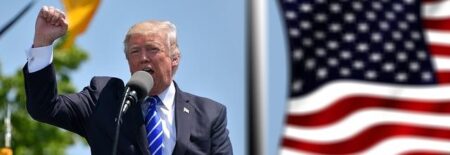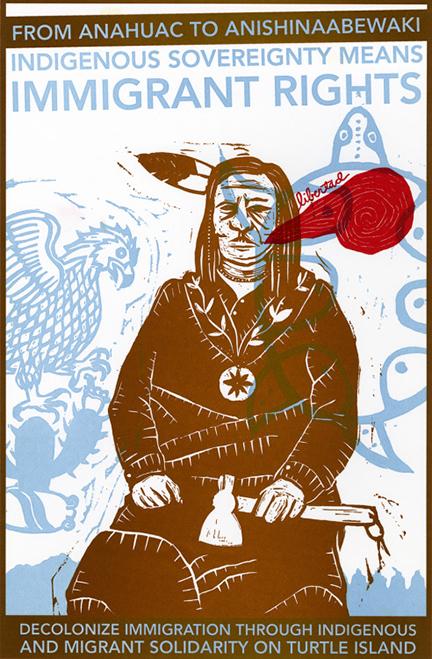Subscribe to Updates
Get the latest creative news from FooBar about art, design and business.
Browsing: political commentary
“How the film I’m Still Here forces Brazil to face a dictatorship’s legacy – Al Jazeera English” explores the emotional impact of the documentary. It challenges audiences to confront the lingering scars of Brazil’s military rule and the unresolved trauma affecting society today.
Former President Donald Trump stated that negotiating with Russia is “easier” than with Ukraine concerning peace talks. This remark, reported by Le Monde, underscores ongoing complexities in diplomatic relations as tensions continue to escalate in the region.
In a recent statement, Donald Trump announced a temporary halt on imposing new tariffs, underscoring their strategic importance in trade negotiations. While he recognizes their potential economic impact, he emphasizes that tariffs remain a critical tool for policy leverage.
In “Flowers from Italy,” the article highlights how Donald Trump’s forthright demeanor resonates with many Italians. His unfiltered approach earns him respect in a culture that values directness, reflecting a unique cross-cultural appreciation for candor.
In a recent statement, Indian External Affairs Minister S. Jaishankar remarked that the anticipated shift in U.S. foreign policy under former President Trump is likely to benefit India in various aspects. He emphasized the alignment of interests between the two nations.
Australia’s Foreign Minister has voiced concerns that Donald Trump’s second term is proving to be even more disruptive than his first. This assessment reflects growing international apprehension over Trump’s evolving foreign policy and domestic decisions.
In U.S. News & World Report, seasoned negotiator emphasizes the need for a more strategic approach in dealings with Russia. Drawing from past experiences, the article critiques Trump’s tactics, arguing that effective diplomacy requires nuance and patience.
In a recent statement, Canadian Prime Minister Justin Trudeau criticized former President Trump’s tariffs as “dumb,” suggesting they are part of a broader strategy aimed at facilitating a potential U.S. annexation of Canada. Trudeau’s remarks underscore heightened tensions between the neighboring nations.
An Oscar-nominated filmmaker is drawing both acclaim and criticism for his outspoken condemnation of Brazil’s authoritarian regime. His provocative stance has ignited discussions on artistic expression amid political turmoil, highlighting the role of cinema in social discourse.
In today’s authoritarian India, finding freedom requires resilience and creativity. Activists harness technology to mobilize grassroots support and challenge oppressive policies. Community solidarity and art as resistance serve as vital tools in the pursuit of liberty.
The recent Trump tariffs aim to protect American industries from foreign competition, advocating for job preservation and economic stability. Proponents argue that these measures create a more equitable trade environment, ultimately benefiting U.S. workers.
In a recent article, Le Monde highlights the troubling implications of an American president echoing Russian propaganda regarding the ongoing war in Ukraine. This alignment raises concerns about the integrity of foreign policy and its potential to bolster Russian narratives.
India’s stance at the UN emphasized that Pakistan, facing its own challenges, lacks the credibility to critique others. This assertion highlights ongoing tensions between the two nations and India’s refusal to accept external moral judgments amid its sovereignty issues.
Doug Ford has secured re-election as Ontario’s Premier in a contentious vote framed as a battle against the influence of Donald Trump. This victory emphasizes Ford’s appeal amid rising concerns over populism and its impact on provincial policy.
In a recent address, Germany’s Friedrich Merz criticized former President Donald Trump’s influence on U.S. politics, expressing concerns over rising populism. As he attempts to forge a coalition, Merz highlights the need for stable transatlantic relations amid global challenges.
The recent German election has exposed deep-seated divisions within the country, as parties grapple with issues like immigration and climate policy. Analysts warn that these rifts could redefine German politics and challenge coalition stability moving forward.
Sahra Wagenknecht, a prominent figure in German politics, has witnessed both meteoric rises and sharp declines. Once celebrated as a visionary leader of the left, her controversial stances and internal party conflicts have reshaped her trajectory, prompting discussions about the future of the political landscape in Germany.
Former U.S. President Donald Trump’s remark about allocating “$21 million for voter turnout” has ignited a political controversy in India. Critics allege inappropriate foreign influence on Indian elections, while supporters claim it reflects global interest in democracy.
Indigenous leaders express alarm over former President Trump’s remarks suggesting Canada could become the 51st U.S. state, asserting it undermines Canada’s sovereignty and threatens Indigenous rights. They emphasize the need to protect their autonomy amid such rhetoric.
In a landscape marked by international tensions and shifting alliances, Donald Trump’s foreign policy approach raises alarms. From Canada to Ukraine, his administration’s decisions echo across borders, prompting global leaders to reassess their strategies.


